5 Tips for Organic Gardening that Your Grandma Didn’t Know
Learn 5 tips for organic gardening that Grandma didn’t know. Today’s gardeners have options and for that reason, they can enjoy the process of gardening as well as the vegetables and fruit of the harvest season.
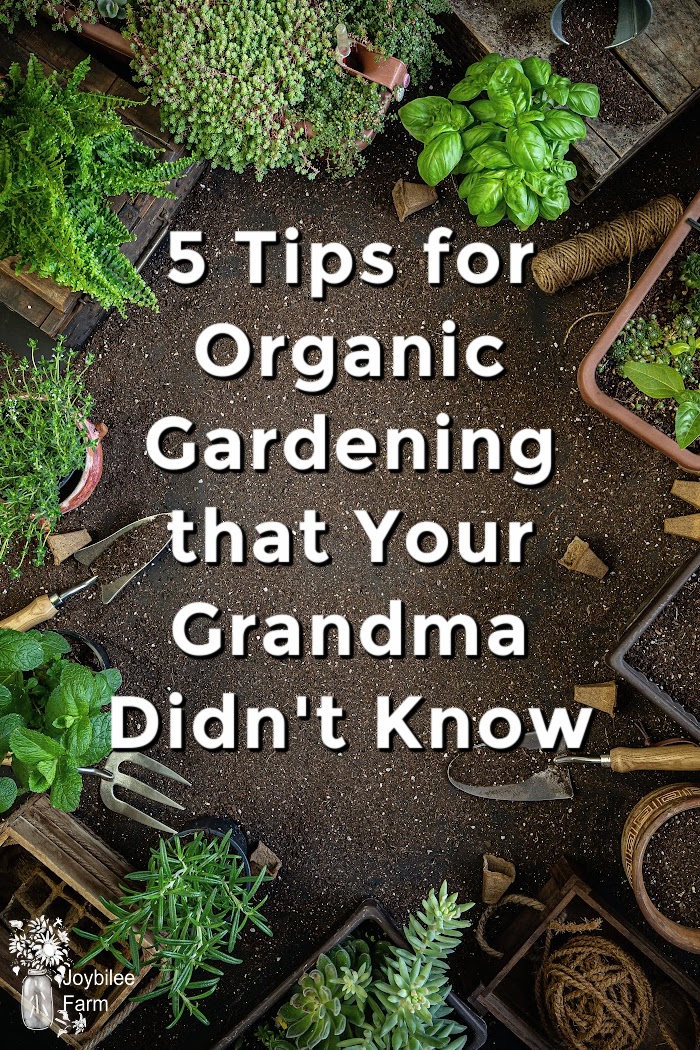
Organic gardening for modern homesteaders
In Grandma’s day, they called organic gardening, just gardening. It involved putting on a sunhat, grabbing the hoe from the garden shed and cultivating the soil. Fertilizer meant chicken sh*t and cow dung. Hopefully, it had a season or two to break down before it went on the garden. Nature did what nature does and veggies came from the ground. Harvests were bountiful because the ground was tilled and amended for years in the same spot. If grandpa forgot to till in the manure one Spring, the plants were a little stunted. That’s all. The next year things would improve, somewhat.
Today’s organic gardener has a world of scientific information at their fingertips. Gardeners from around the world gather on the internet to compare notes. Amazon is available to supplement your knowledge with both digital books and print books. The result is more information that will improve your yields and satisfy your thirst for fresh fruits and vegetables. Today’s gardeners have a secret arsenal of tricks that grandma never thought about.
5 tips to get your organic garden in top shape
1. Some bugs are good, don’t kill everything.
Beneficial insects serve several purposes in the garden. Some beneficial insects pollinate the blossoms that will bring fruit and vegetables to your table. Other beneficial eat pests like aphids, and caterpillars, saving your crops from destruction. Some, like the swallowtail butterfly’s caterpillar, consume noxious weeds before they set seed. (The swallowtail butterfly lays its eggs on thistles and the caterpillars eat a lot of thistles before they spin their cocoon) While grandma might have told you which bugs were good, she didn’t plant things in her garden to encourage the bugs and she didn’t bring bugs home with her from the garden store, at least not on purpose.
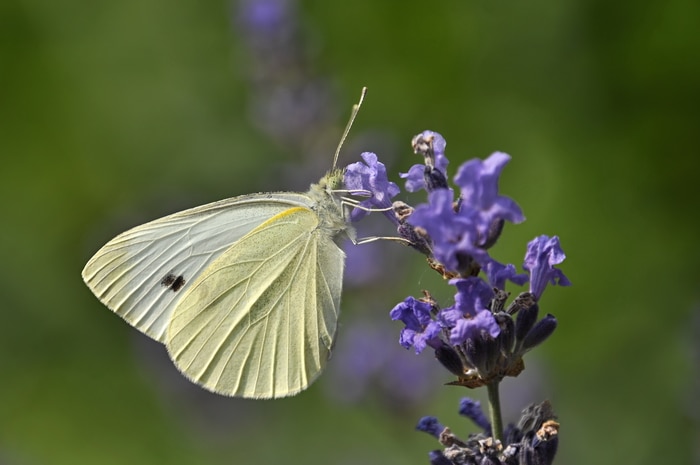
2. Companion planting fools the pests and grows better veggies
Grandma’s garden had all the corn in one spot, all the flowers in another spot. This may make the weeding and harvesting more efficient, something Grandma loved, but companion planting was better for the plants. Mono-cultures breed pests that destroy individual crops. By inter-planting strongly smelling plants like marigolds, and garlic among vegetable crops, some pests can be persuaded that the cabbages are not so attractive, or the beans are not what they seem. Companion planting deters pests and increases yields.
3. Worms are your friends
There are many species of worms that inhabit the garden. The two that are most important to gardeners are earthworms and red wigglers. Red wigglers are the worms that you find in indoor worm bins, that do the job of converting kitchen waste into fertile, worm castings. Red wigglers also do their work outdoors in compost piles, and under cardboard mulch. Their most important contribution to the garden is their castings (worm poop), which is rich in organic matter and fertilizer. Earthworms work to aerate the soil, as they tunnel in the soil, making space for roots. You want to encourage them and move them around where you need them. Rototilling can destroy earthworms, so avoid mechanical tilling as much as possible.
4. Railroad ties and rubber tires are not organic
Lots of the old Mother Earth News Magazines suggested using discarded railroad ties or discarded tires as containers for planting your vegetable garden. Grandma equated recycling with organic. Today we know that treated railroad ties leach heavy metals and poisons like arsenic into the soil, which are then taken up by the plants. Tires also give off petroleum chemicals as they are heated in the summer sun. You don’t want these volatile compounds anywhere near your veggies. A good rule of thumb is — if you wouldn’t eat off it, don’t plant in it.
5. Gardening is fun and relaxing — enjoy it
Grandma’s garden was a place of work, a part of her daily to do list. She looked at it as a place to grow food, weed, and get back to her indoor work as quickly as she could. Grandma relied on her garden to provide the fruits and vegetables that her family ate year round. The stores in those days didn’t carry strawberries in February or asparagus in December. Grandma worked hard during the growing season so that her family could enjoy the fruits of her labours throughout the year. It was a matter of great pride to see the jars of pickles, jams, chutneys, and salsas in October, ready to feed the family till the Spring garden was producing. Grandma ensured that her family had food security at its finest.
But today’s gardener has options. She can grow her own food or grab it at the produce section of the grocery store or the farmer’s market. She can get fresh asparagus in December and strawberries year round. Gardening is a choice. And for that reason, today’s organic gardener can enjoy the process of gardening as well as the vegetables and fruit of the harvest season. Smiling gardeners spend more time in the garden and therefore have healthier plants and more bountiful harvests. Gardening, even when you have to, to stretch your budget, is fun and relaxing.


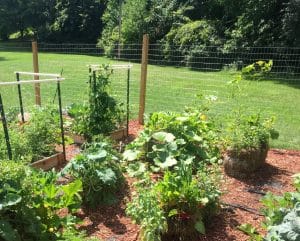
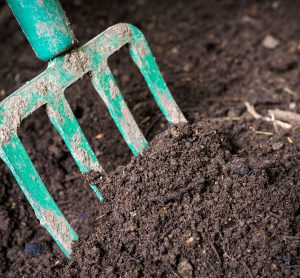
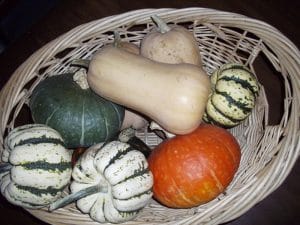

Leave a Reply